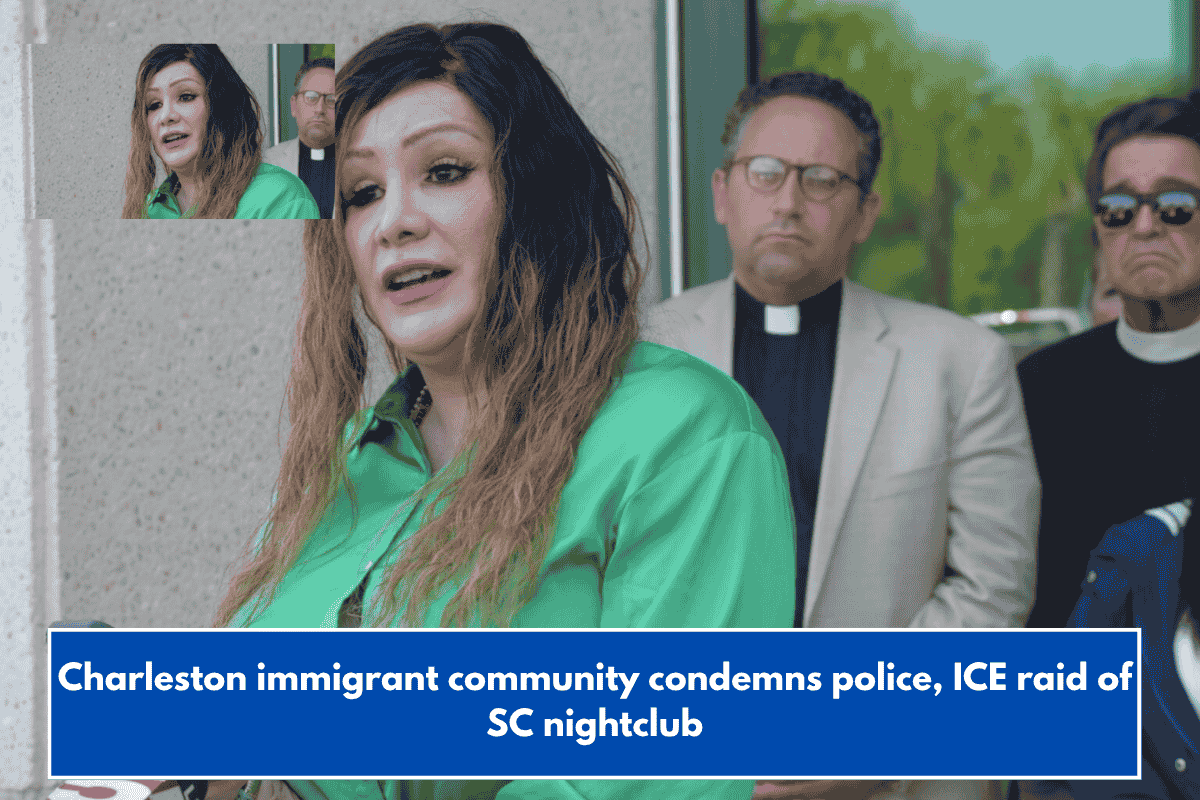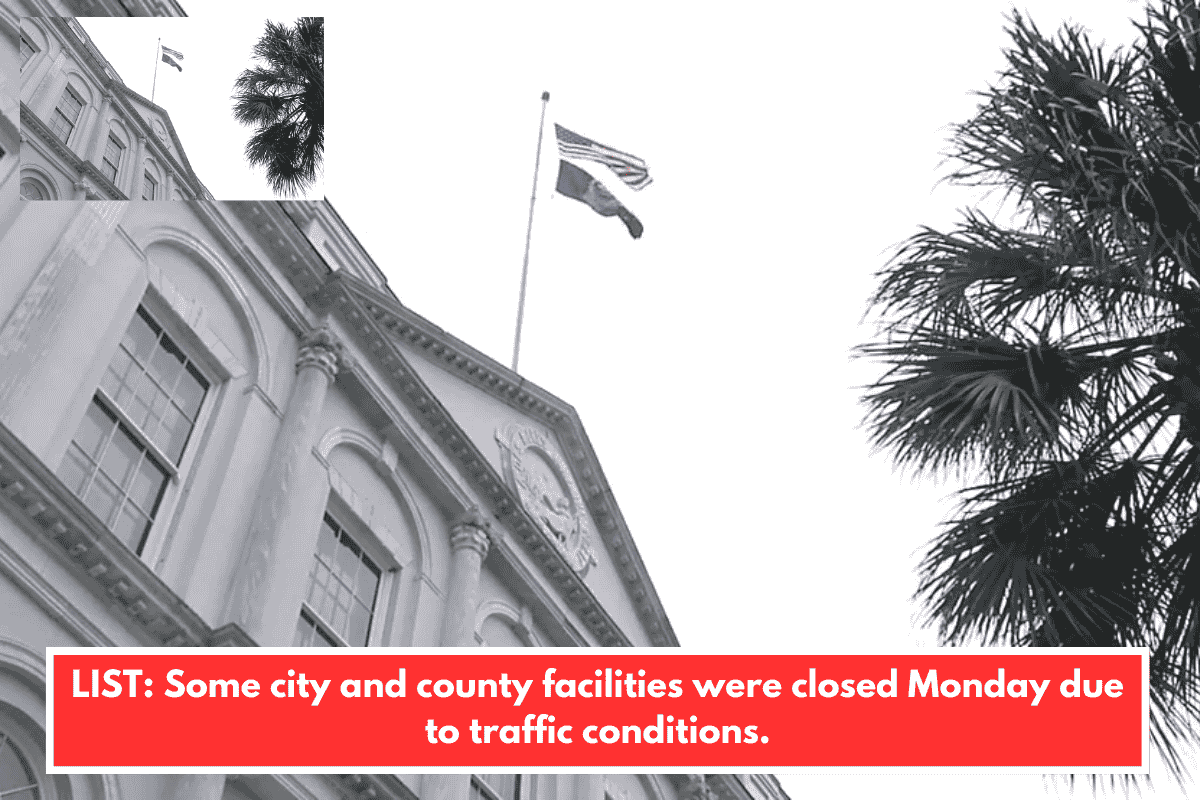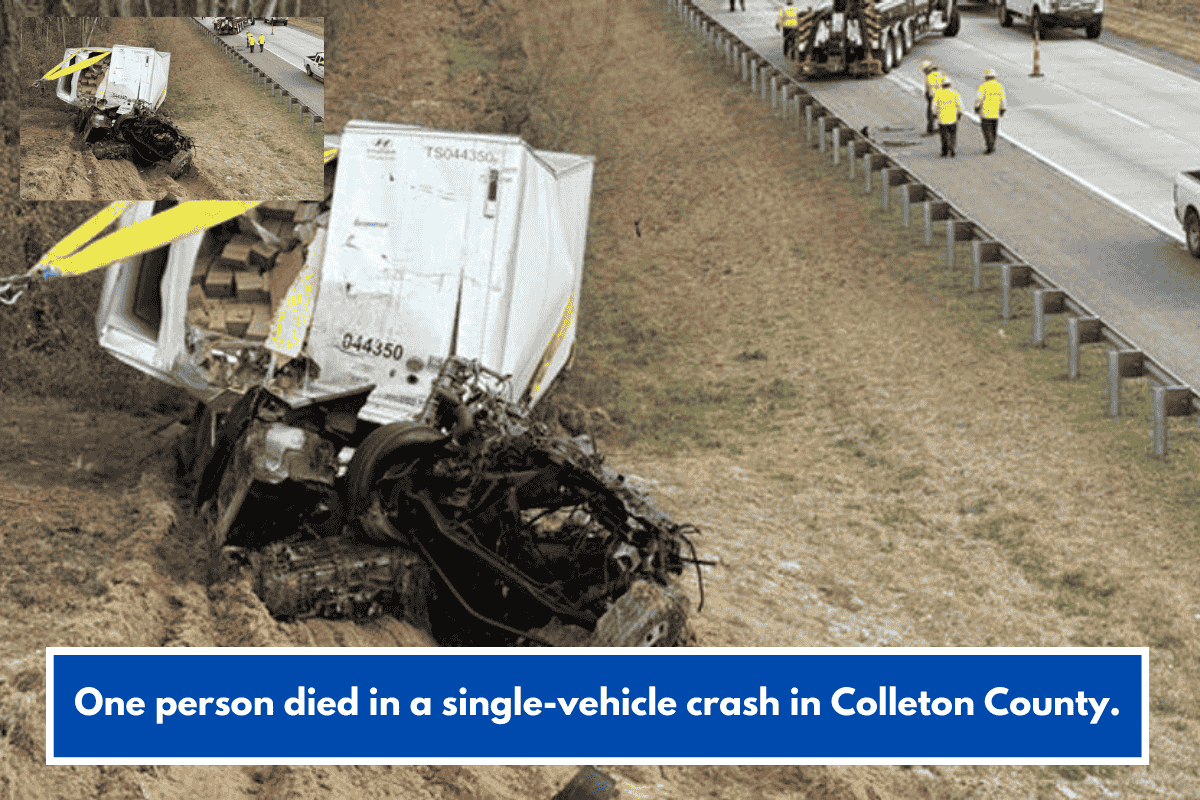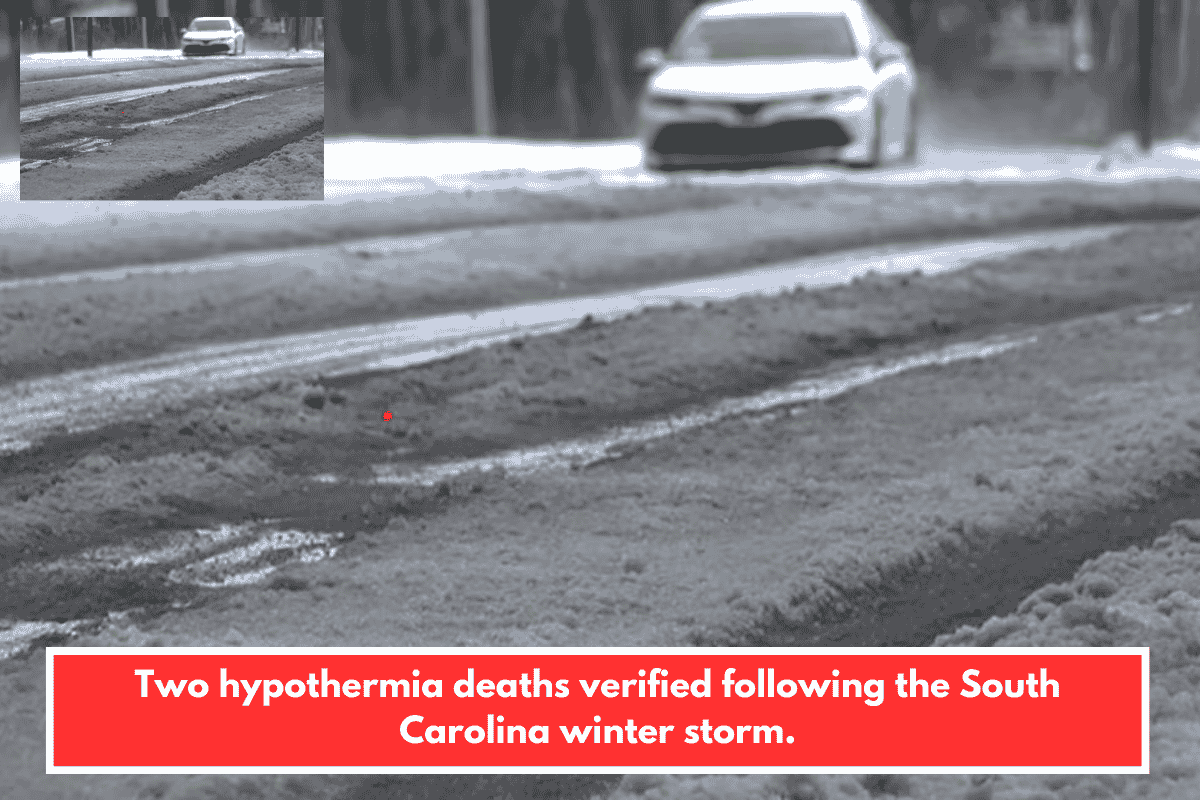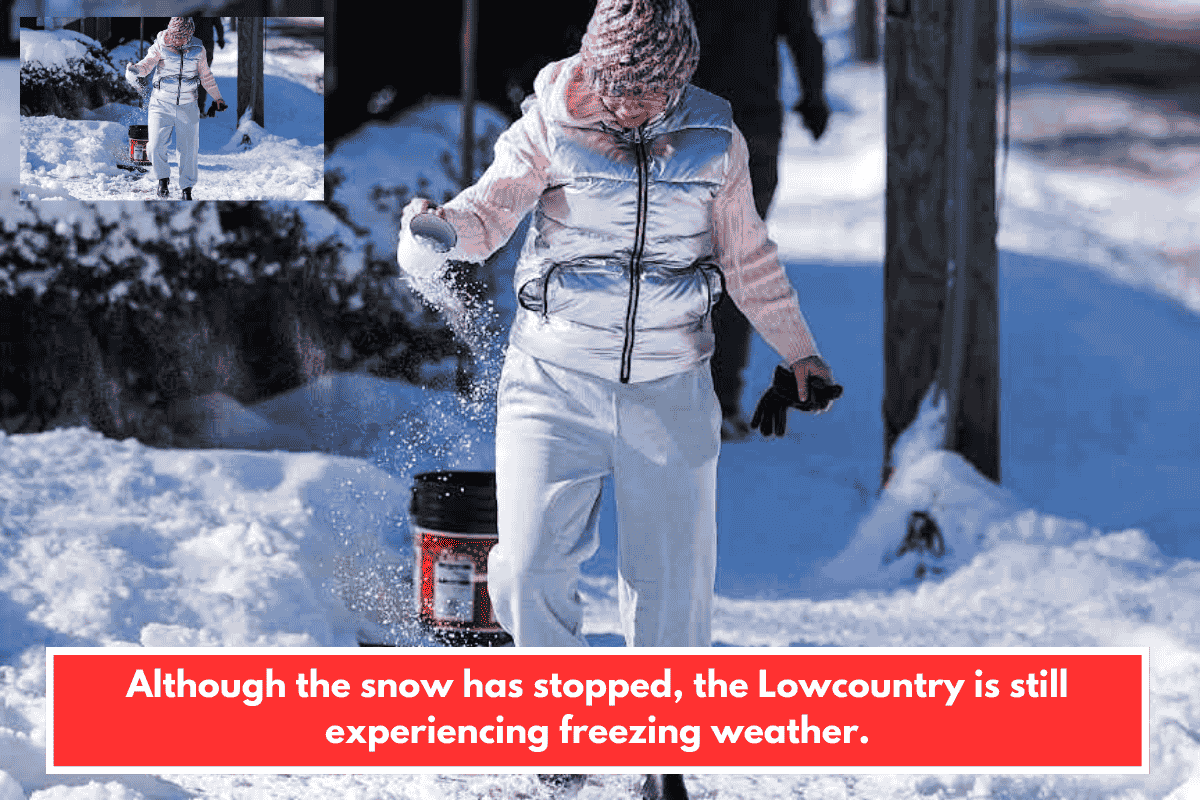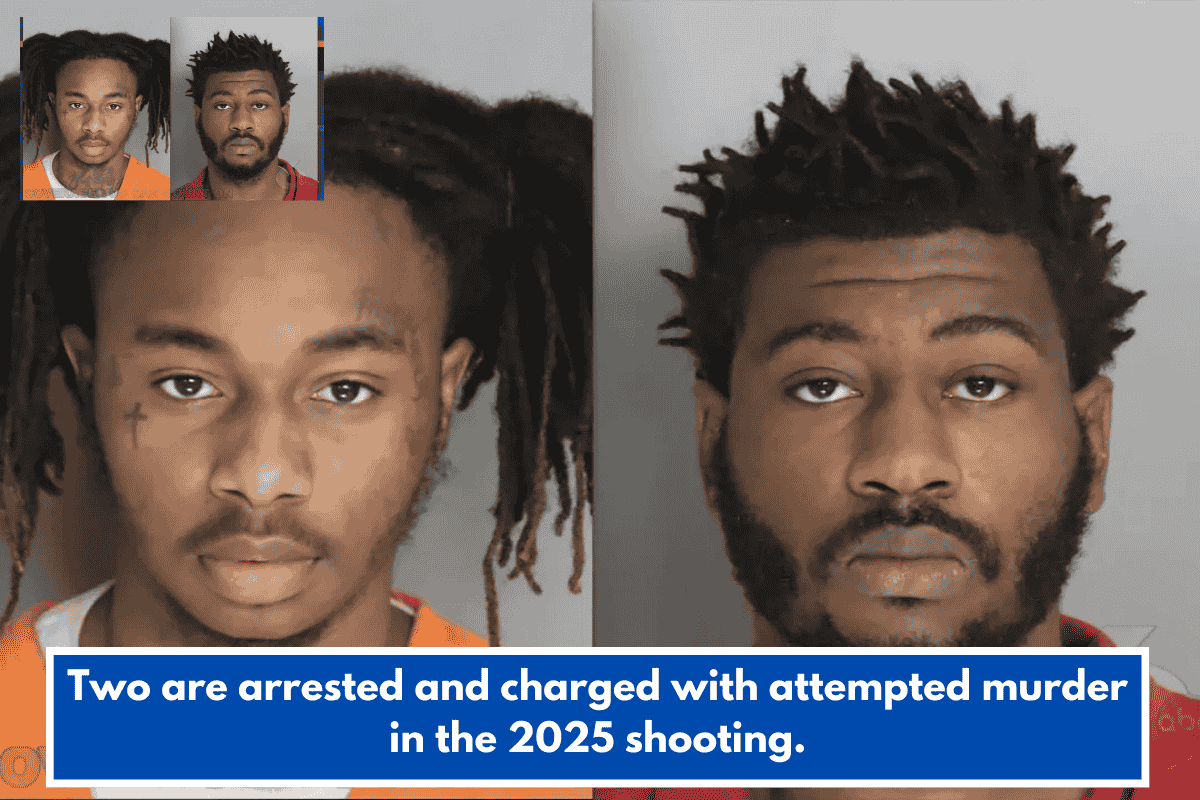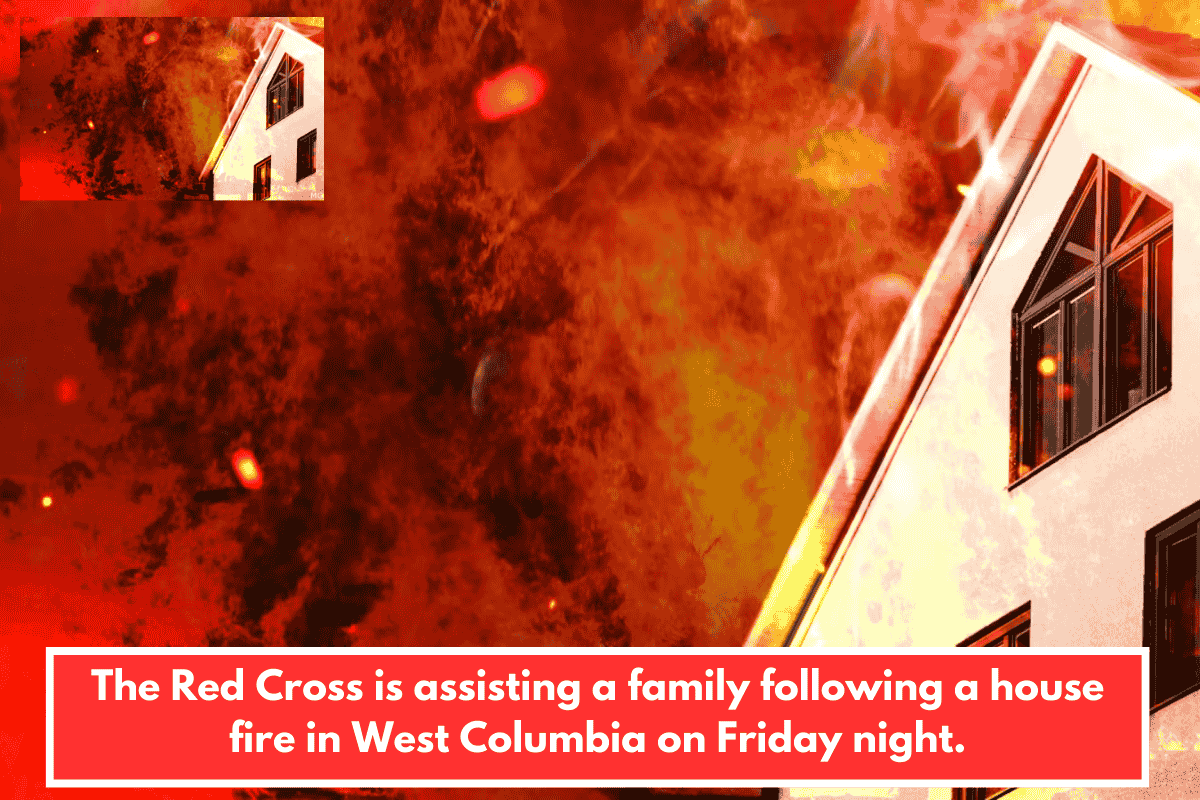A press conference was held Friday outside the Lonnie Hamilton Public Services Building in North Charleston, where community leaders expressed their concerns over the recent June 1 law enforcement raid at the Alamo nightclub in Summerville, Charleston County. The raid, which resulted in 80 arrests, has sparked outrage among immigrant and civil rights advocates.
Details of the Raid
The raid, dubbed “Operation Last Stand,” took place early Sunday morning, with over 200 law enforcement agents from federal, state, and local agencies conducting the operation. Officers seized drugs, guns, and a missing juvenile. Among those arrested were individuals linked to international criminal gangs like the Los Zetas cartel from Mexico and the Tren de Aragua gang from Venezuela. Additionally, ten juveniles were detained, including one missing child.
While criminal charges were filed against some individuals, the majority of those arrested were taken in on civil immigration charges. According to U.S. Department of Homeland Security agent Cardell Morant, a significant portion of those detained did not have legal status in the U.S.
Allegations of Discrimination and Fear Among Immigrants
One of the most vocal figures in the aftermath of the raid, Alejandra De La Vega, was present at the nightclub during the operation but was not arrested. De La Vega, a transgender Latina woman with legal U.S. residency, recounted the chaotic and humiliating experience. As she stepped out of the restroom, police stormed in with guns drawn, causing panic among the club-goers.
“They ordered people to the ground. It was chaos,” De La Vega said. She noted that police separated individuals with visible tattoos and photographed them, further fueling fears within the immigrant community. Both De La Vega and her transgender friend were questioned about the validity of their state-issued IDs, raising concerns of discrimination based on their gender identity.
Community Backlash
The raid and its consequences have drawn criticism from local advocates, including Will McCorkle, a member of the Charleston Immigrant Coalition. He accused law enforcement of focusing too heavily on immigration status rather than addressing any criminal activity that may have occurred at the nightclub. McCorkle argued that many innocent people are now facing deportation without just cause.
The American Civil Liberties Union (ACLU) of South Carolina also highlighted the uncertainty faced by families of detainees, some of whom are unable to locate their loved ones in ICE databases. Dulce Lopez, immigrant rights advocacy strategist for the ACLU, expressed concern over the lack of clarity regarding where detainees are being held, suggesting that families are left in the dark about their loved ones’ whereabouts.
Law Enforcement’s Justification
Charleston County Sheriff Carl Ritchie defended the raid, pointing to noise complaints, assaults, and other criminal activities at the Alamo nightclub, including multiple visits by law enforcement over the past few years. According to records, the sheriff’s department had responded to the venue for incidents involving vandalism, armed robbery, and suspicious circumstances.
The nightclub also did not have an alcohol license, and there were complaints about patrons parking in private lots and leaving behind trash and beer bottles.
Calls for Change
Faith, immigrant, and community leaders, including Lopez and McCorkle, have strongly condemned the actions of law enforcement, stressing that criminal activity should not be the sole basis for subjecting individuals to harsh immigration enforcement. They also criticized the collaboration between local police and ICE, fearing it would further divide immigrant communities and undermine trust.
“No one deserves to be treated as guilty by association,” said Lopez of the ACLU. McCorkle pointed to the case of Kilmar Armando Abrego Garcia, who was mistakenly deported to El Salvador despite a ruling that he was likely to face gang persecution, underscoring the serious risks that immigration enforcement poses to vulnerable populations.
A Divided Community
The raid has stirred significant debate about the role of local law enforcement in immigration enforcement and the impact of such operations on immigrant communities. As the investigation into the Alamo nightclub continues, community leaders are calling for an end to cooperation between local agencies and ICE, arguing that these actions are doing more harm than good in fostering community trust and public safety.

